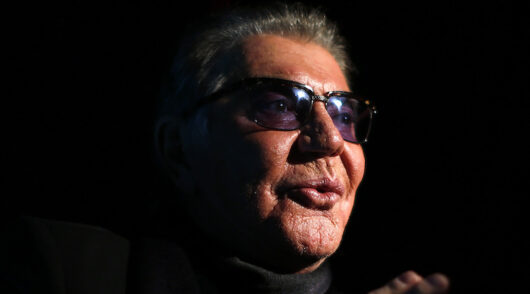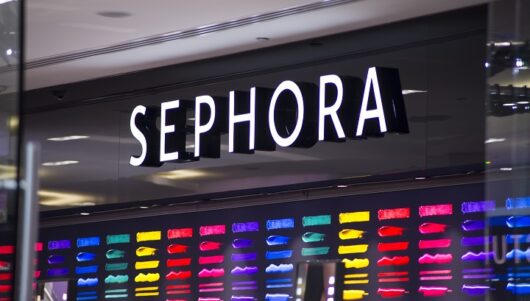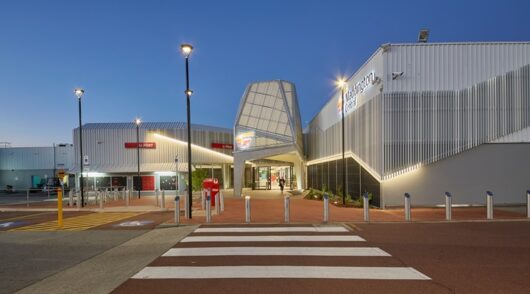The Japanese operator of Uniqlo lowered its second-half underlying profit forecast by US$68 million on Thursday on expectations US tariffs will hit the profitability of its fast-growing North American clothing business.
The majority of Uniqlo products sold in the United States are produced in Southeast Asia where garment export hubs were hit with tariffs of up to 49 per cent, though US President Donald Trump announced a 90-day pause on the duties on Wednesday.
However, the reprieve excluded China as Trump increased tariffs on Chinese imports to 125 per cent from 104 per cent, deepening a trade standoff between the world’s two biggest economies.
Tadashi Yanai, founder and CEO of Uniqlo operator Fast Retailing, said the expansion of garment production beyond simply China to other Asian countries meant the company can change production sites in response to US tariff policies.
But he said escalating trade wars would be a disaster for many developing countries.
“As for the current tariffs, I think they are unreasonable given the current international situation and probably won’t last,” Yanai said.
From one store 40 years ago in Hiroshima, western Japan, Uniqlo has grown to more than 2500 locations worldwide, selling inexpensive fleeces and cotton shirts made primarily in China and other Asian manufacturing hubs.
That business model now stands at odds with the sweeping US tariffs, which have left global markets reeling and prompted retaliation from some trading partners.
Fast Retailing said on Thursday that it expected the US tariffs would lead to a 2-3 per cent hit to its consolidated second-half business profit.
“A significant amount of goods have already arrived in the US, so … we expect the impact of the tariffs to be limited,” Fast Retailing CFO Takeshi Okazaki said.
“We will continue to assess the situation from next fiscal year onwards and respond appropriately.”
Still betting on North America
Fast Retailing said operating profit was $1 billion for the three months through February. That compared with $769.8 million for the same period a year prior and the $878 million average of six analyst estimates compiled by LSEG.
The company raised its full-year operating profit forecast to $3.8 billion from a previous guidance of 530 billion yen, mainly due to better than expected half-year profit.
Fast Retailing cited strong sales both at home in Japan and in its international segments in the first half, minimising the impact of contracting revenue and profit in mainland China.
Trump last week announced massive tariffs on dozens of countries, including a 24 per cent duty on non-automobile products from Japan. While he paused the measures on Wednesday, he ratcheted up pressure on China.
Fast Retailing has in recent years looked to North America and Europe for growth due to a slowing economy in China, its largest overseas consumer market with more than 900 Uniqlo stores on the mainland.
Its North America business reported around 25 per cent profit gains in the first half thanks to what it called “extremely strong” sales from newly opened stores in Texas and California.
It has 97 Uniqlo stores in Canada and the US and plans to open 25 new outlets in the region in the current fiscal year.
Yanai, Japan’s richest man, has long been an advocate of free trade and has defended the company’s business with China amid criticism of human rights abuses on the mainland.
- Reporting by Rocky Swift and Miyoung Kim; Editing by Christopher Cushing, Miyoung Kim and Joe Bavier, of Reuters.






